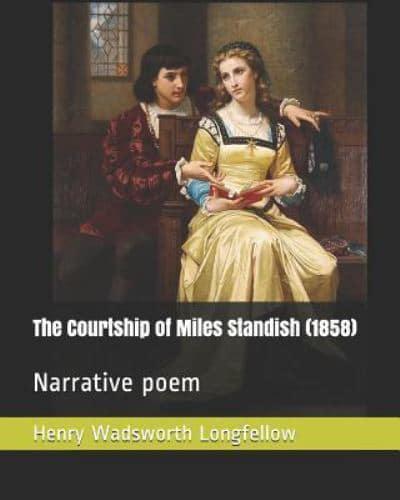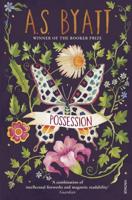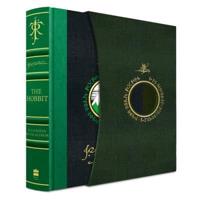Publisher's Synopsis
The Courtship of Miles Standish is an 1858 narrative poem by American poet Henry Wadsworth Longfellow about the early days of Plymouth Colony, the colonial settlement established in America by the Mayflower Pilgrims.The Courtship of Miles Standish is set against the backdrop of a fierce Indian war and focuses on a love triangle among three Mayflower Pilgrims: Miles Standish, Priscilla Mullens, and John Alden. Longfellow claimed that the story was true, but the historical evidence is inconclusive. Nevertheless, the ballad was very popular in nineteenth-century America, immortalizing the Pilgrims.The poem was a literary counterpoint to Longfellow's earlier Evangeline (1847), the tragic tale of a woman whose lover disappears during the deportation of the Acadian people in 1755. Together, Evangeline and The Courtship of Miles Standish captured the bittersweet quality of America's colonial era. However, the plot of The Courtship of Miles Standish deliberately varies in emotional tone, unlike the steady tragedy of Longfellow's Evangeline. The Pilgrims grimly battle against disease and Indians, but are also obsessed with an eccentric love triangle, creating a curious mix of drama and comedy. Bumbling, feuding roommates Miles Standish and John Alden vie for the affections of the beautiful Priscilla Mullins, who slyly tweaks the noses of her undiplomatic suitors. The independent-minded woman utters the famous retort, "Why don't you speak for yourself, John?" The saga has a surprise ending, one full of optimism for the American future.This story takes place nearly 400 years ago (c. 1621) and led to a marital union that has produced numerous descendants in North America. Many Canadians and Americans living today are direct descendants of this love story...........Henry Wadsworth Longfellow (February 27, 1807 - March 24, 1882) was an American poet and educator whose works include "Paul Revere's Ride," The Song of Hiawatha, and Evangeline. He was also the first American to translate Dante Alighieri's Divine Comedy and was one of the five Fireside Poets from New England.Longfellow was born in Portland, Maine, which was then still part of Massachusetts. He studied at Bowdoin College and, after spending time in Europe, he became a professor at Bowdoin and later at Harvard College. His first major poetry collections were Voices of the Night (1839) and Ballads and Other Poems (1841). Longfellow retired from teaching in 1854 to focus on his writing, and he lived the remainder of his life in a former Revolutionary War headquarters of George Washington in Cambridge, Massachusetts. His first wife Mary Potter died in 1835 after a miscarriage. His second wife Frances Appleton died in 1861 after sustaining burns when her dress caught fire. After her death, Longfellow had difficulty writing poetry for a time and focused on translating works from foreign languages. He died in 1882.Longfellow wrote many lyric poems known for their musicality and often presenting stories of mythology and legend. He became the most popular American poet of his day and also had success overseas. He has been criticized, however, for imitating European styles and writing specifically for the masses.








